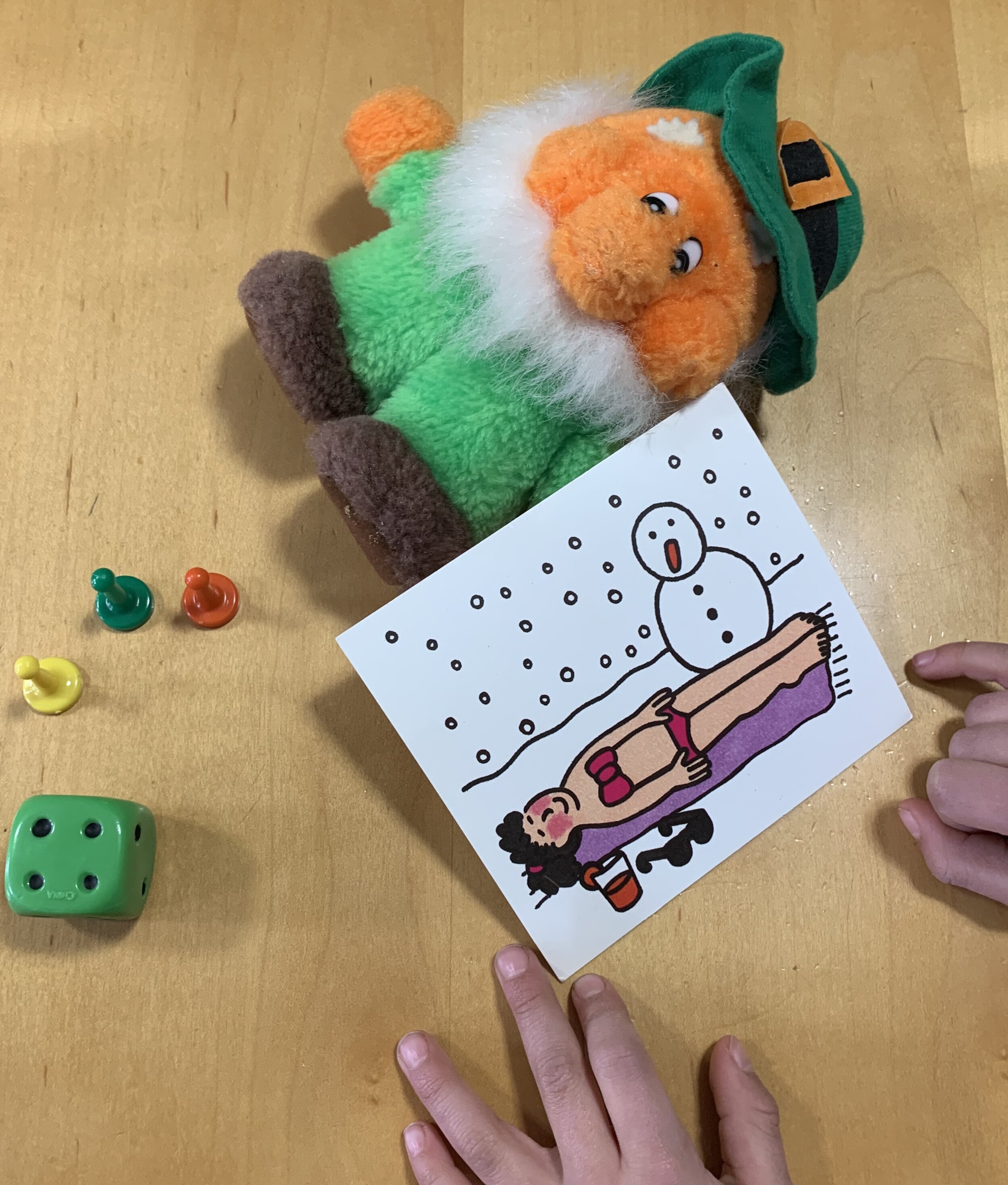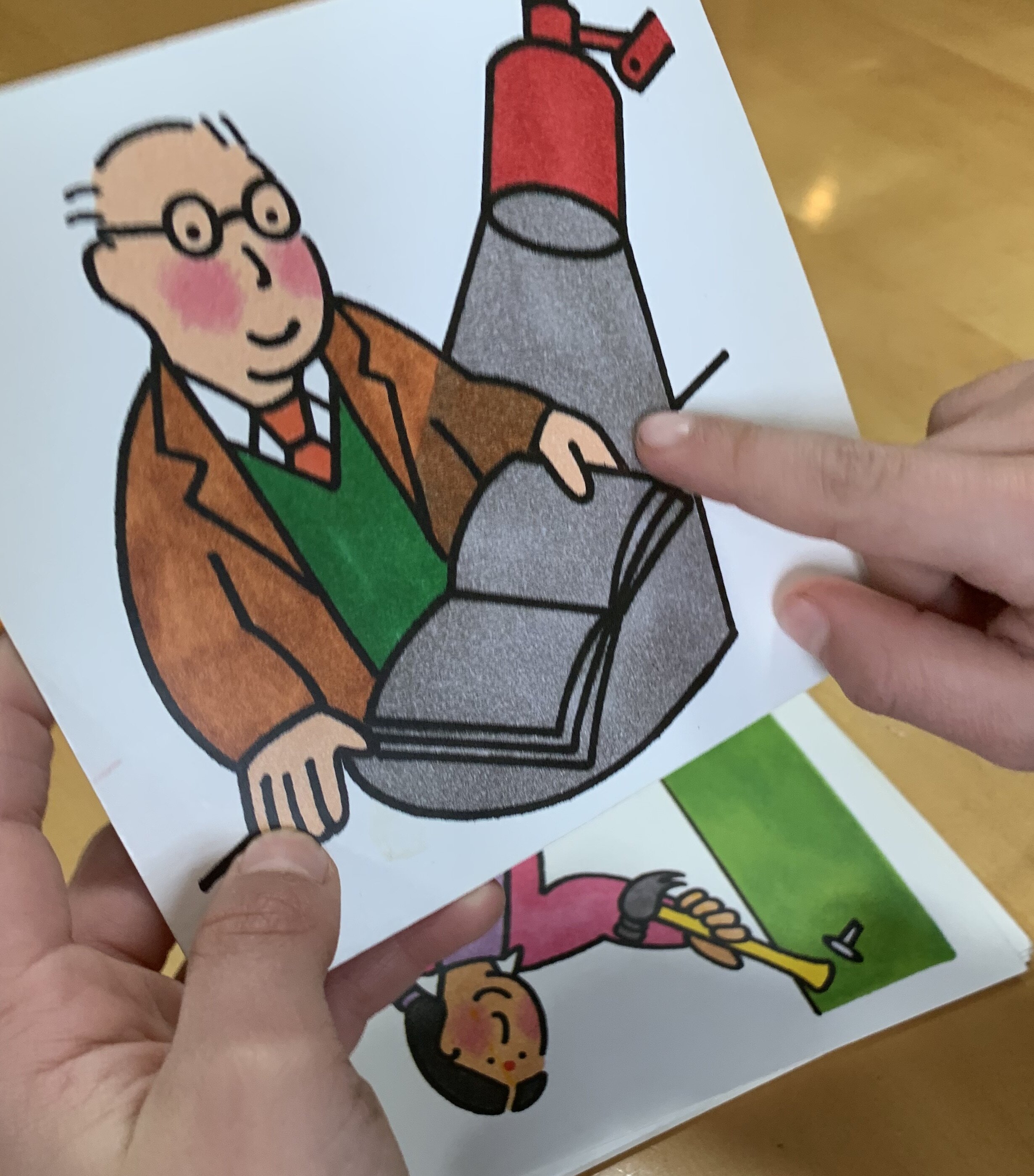Easter Egg Conversation Starters is a fun way to build holiday vocabulary and foster back-and-forth conversation. Research is clear that when children engage in back-and-forth interactions, activity increases in the parts of the brain responsible for listening and spoken language processing and production.
Parents know that talking and reading to their children is really important for developing listening, spoken language and literacy skills. But it’s not enough for children to just hear lots of words – children need to have many back-and-forth conversations throughout the day. This conversational turn-taking is known as Serve and Return, a term coined by Harvard researchers. Imagine a game of tennis. Someone serves the ball, sending it over to the second player. The second player hits the ball returning it to the first player. Now substitute conversation turns and you’ve got an idea of Serve and Return.
Click H E R E to download 18 Easter Egg Conversation Starters that when played with the directions to foster serve and return are brain-building tools! This resource and Easter Egg activities when played according to the instructions foster listening and spoken language, seasonal vocabulary, back-and-forth conversations, Theory of Mind and social skills.
This resource includes
18 Easter Egg Conversation Starters in holidays shapes
Easter egg carton label to hold plastic eggs
Listening and Spoken Language playing tips
Serve and Return prompts to expand a conversation
A role play example back-and-forth conversation with the adult serving a conversational starter with the child’s returns
Two “Expand This Activity” ideas
Shop Listen With Lynn















